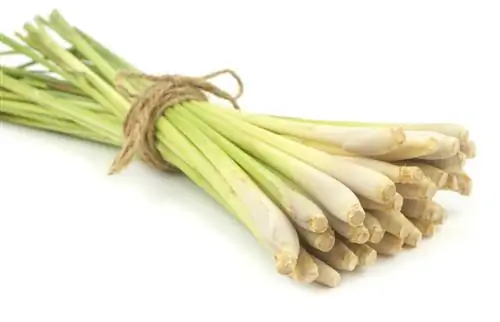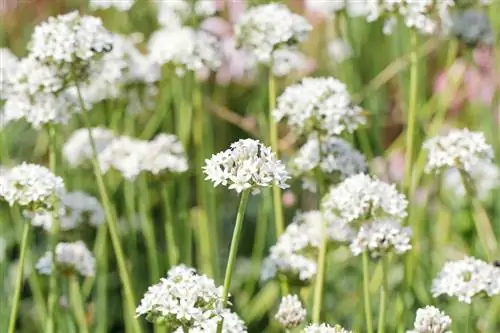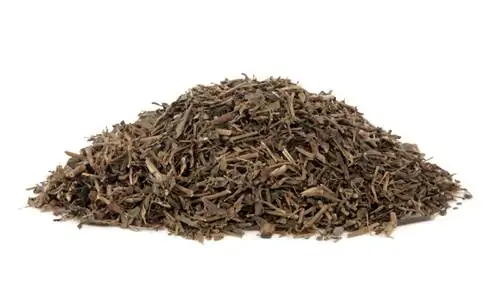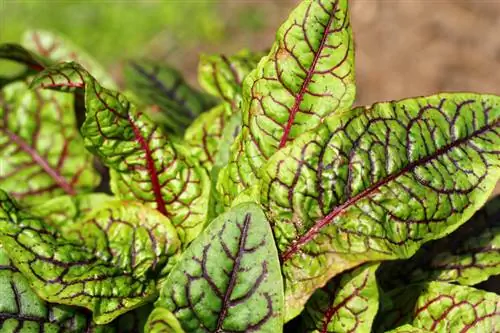- Author admin leonars@hobbygardeners.com.
- Public 2023-12-16 16:46.
- Last modified 2025-01-23 11:20.
Weeds are free in nature and in the garden - for example sorrel. Similar to other 'weeds', it is edible and medicinal. A juice made from its leaves has an extremely high active ingredient content

How to make wood sorrel juice?
To make sorrel juice, collect fresh sorrel (ideally from March to May), wash and juice the leaves using a juicer or blender. Dilute the juice in a 1:3 ratio with water or tea before consuming it.
An old remedy from folk medicine
This herb, now considered a weed by many gardeners, has been known as a medicine for many centuries. As early as 150 BC. It was used in Greece in the 1st century BC.
In the Middle Ages, sorrel was popular for making soups and salads and was also used as a substitute for spinach. Nowadays, folk medicine knows it primarily as the remedy of choice for stomach problems.
Make sorrel juice
You need fresh sorrel to make it. It grows in spring. The best time to collect is in the growth phase, just before and during the flowering period. This is usually between March and May. Wood sorrel often also grows in winter in this country. Collect the individual leaves and stems!
At home you can wash the leaves if they are dirty. They should then be drained. The leaves are then juiced. Hand juicers and electric juicers are suitable for this. If you don't have a juicer, you can put the leaves together with water in a blender, mix and pour the mixture through a sieve. Then you get a diluted juice.
Warning: Don't overdo it
Remember: Wood sorrel contains oxalic acid and is poisonous in large quantities! The juice should therefore not be drunk pure, but only diluted with water or tea (three times the amount of water/tea).
Alternatively, you can take it drop by drop (3 to 5 drops per hour). Anyone who suffers from osteoporosis or has a calcium deficiency should generally not take sorrel juice! He is a calcium robber.
Use examples for sorrel juice
Sorrel has anti-inflammatory, diuretic, antipyretic, bilious, refreshing, metabolism-stimulating and blood-building effects. It can be used internally or externally for:
- Heartburn
- Parasites like worms
- rashes
- Skin conditions such as ulcers and acne
- Gastrointestinal complaints such as cramps and flatulence
- Liver disease
- Kidney disease
- Gallstones
- Shock states
- Antidote for mercury poisoning
Tip
If you don't have wood sorrel growing, ask your garden neighbors or go to the forest in spring to collect.






